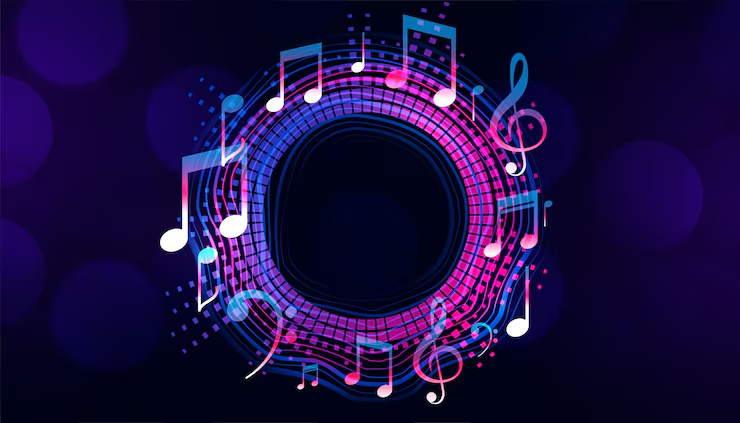
Music is an integral part of human culture, transcending language, geography, and time. It has the power to evoke emotions, tell stories, and bring people together. From ancient rhythms to modern beats, music influences our mood, creativity, and even physical health.
Importance of Music in Everyday Life
-
Emotional Expression and Healing
Music allows people to express feelings they might struggle to put into words. It is also used in therapy to reduce stress, anxiety, and depression. -
Cultural Identity and Tradition
Music preserves cultural heritage and helps pass traditions from one generation to another. -
Enhances Cognitive Abilities
Studies show that learning and playing music improves memory, attention, and problem-solving skills. -
Social Connection
Concerts, festivals, and group performances create a sense of community and shared experience. -
Boosts Motivation and Productivity
Listening to music can increase focus during work or exercise.
Different Genres and Their Impact
-
Classical Music: Known for its complexity and calming effects.
-
Pop Music: Widely popular for catchy melodies and easy listening.
-
Rock and Metal: Energetic and intense, often used for self-expression.
-
Jazz and Blues: Rich in improvisation, reflecting deep emotions.
-
Hip-Hop and Rap: Powerful storytelling combined with rhythmic beats.
-
Electronic Dance Music (EDM): Popular in clubs and festivals for its vibrant energy.
Benefits of Learning Music
-
Develops discipline and patience.
-
Enhances creativity and imagination.
-
Improves coordination and fine motor skills.
-
Provides opportunities for social interaction and collaboration.
How Technology is Changing Music
-
Streaming platforms have revolutionized how music is accessed and shared.
-
Digital production tools allow artists to create music from anywhere.
-
AI and machine learning are influencing music composition and personalization.
Tips for Music Lovers
-
Explore different genres to broaden your musical taste.
-
Attend live performances for immersive experiences.
-
Try learning an instrument or vocal training to deepen your connection.
-
Use music as a tool for relaxation and stress relief.
Conclusion
Music is a powerful and versatile art form that enriches lives in countless ways. Whether you are a listener, performer, or creator, engaging with music can enhance emotional well-being, cognitive function, and social bonds. Embrace music as a lifelong companion that inspires and heals.
